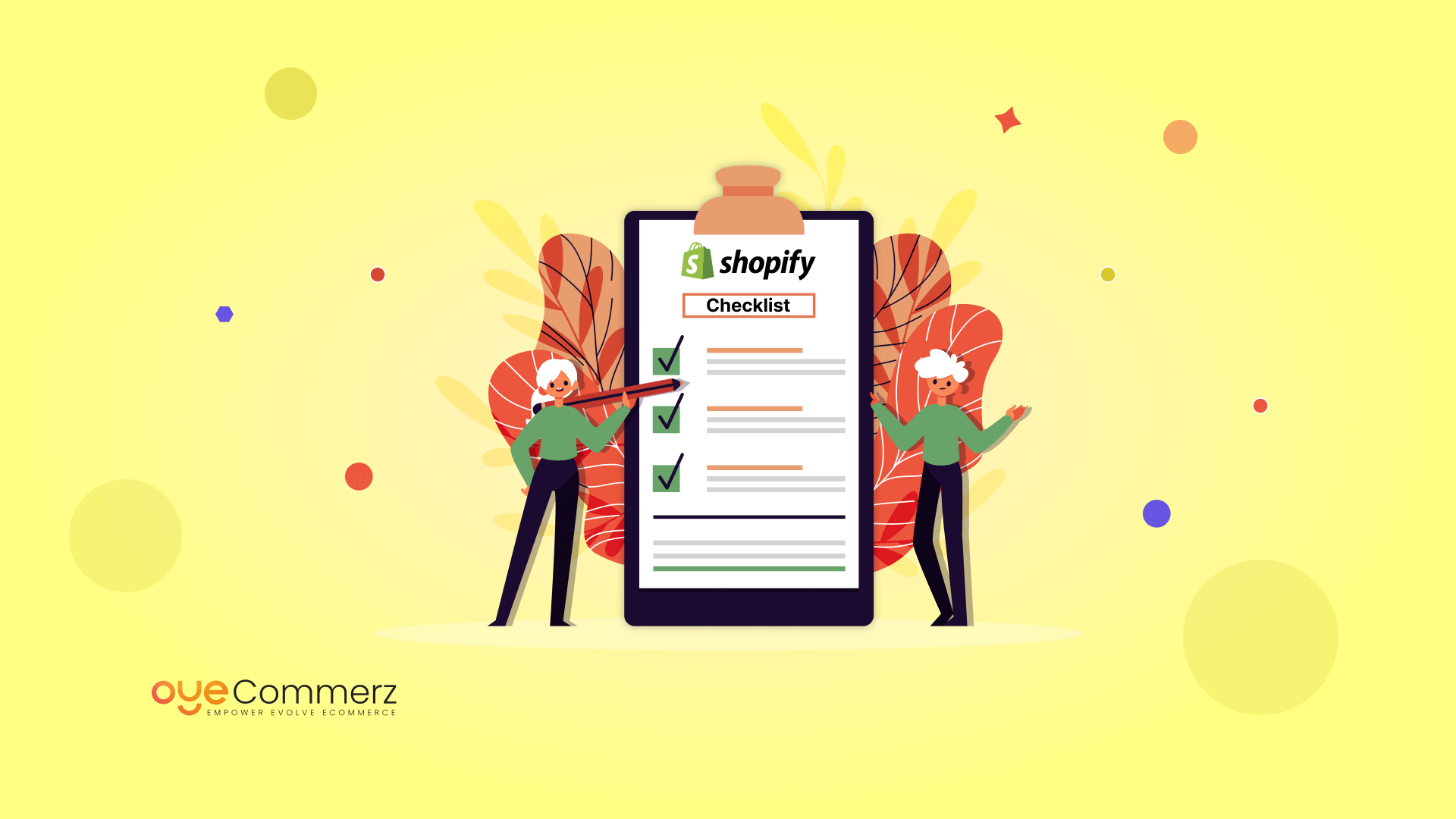Overview
In today’s cutthroat e-commerce landscape, differentiating is paramount, and a top method to differentiate a Shopify store is through tailored app creation. A well-built Shopify app can enhance store functionality, simplify processes, and boost customer interaction. This guide explores key elements of Shopify app development, from API integration to scaling strategies and digital marketing approaches, offering a roadmap for companies seeking unmatched store performance.
The Importance of Shopify API Integration
Shopify’s API provides powerful tools to personalize and expand store functionalities. With the GraphQL and REST API options, developers can retrieve information to create apps that handle inventory control, order handling, and customer data management smoothly. Using Shopify’s API can enable improved workflow automation and allows stores to assist shoppers more effectively.
Adopting the Polaris Design System
Polaris is Shopify's design system for creating user-friendly and easy-to-use Shopify apps. By following Polaris principles, developers ensure that apps seamlessly integrate within the Shopify Admin interface. This provides a cohesive appearance that appeals to Shopify merchants, promoting ease of use and familiarity for merchants using your custom app.
Navigating the Shopify App Ecosystem
The Shopify app ecosystem provides numerous opportunities for improving online stores. From handling order fulfillment to boosting customer interaction, apps in this environment are tailored to meet diverse business requirements. Learning about this system helps developers in finding unique app ideas and enables smooth connections of external tools that enhance the store.
Building Embedded Shopify Apps
Embedded apps work seamlessly within the Shopify Admin, providing a smooth interface for merchants. They ensure that merchants do not need to leave their Shopify control panel, simplifying their process. Using Shopify App Bridge and embedded app features is a best practice for offering a unified, well-integrated user experience.
Using Node.js and React for Shopify Apps
Node.js and React have emerged as ideal tools for Shopify app creation. This server-side framework enables efficient server-side applications, while React enables interactive and adaptive front-end user interfaces. Combined, they provide an excellent framework for building fast, growth-ready Shopify apps that enhance store performance and customer interaction.
Webhooks in Shopify Apps
Webhooks allow real-time data synchronization between Shopify and an outside application. They trigger events such as order creation or inventory updates and send instant notifications to your app. By utilizing webhooks, apps can provide up-to-date insights for store owners, streamlining workflows and boosting productivity.
Customer Engagement and Digital Marketing for Shopify Apps
To ensure Shopify app success, engaging customers is key. Utilizing online marketing techniques like SEO, email marketing, and social media campaigns can increase app usage. Additionally, creating applications with customer interaction as a focus (e.g., loyalty Shopify app ecosystem programs or personalized recommendations) increases user retention and loyalty.
Scaling Your Shopify App
As e-commerce businesses grow, so do their technological needs. Ensuring that your app can manage higher usage, larger databases, and more advanced functionalities is essential. By improving server resources and using scalable technologies, Creating dynamic Shopify experiences you can develop apps that expand in parallel to a store’s success.
Important Features and Maintenance Tips for Shopify Apps
For an app to be effective, it should offer essential features like user authentication, analytics dashboard, and customer support options. Ongoing app upkeep, including updates to fix bugs and compatibility checks with new Shopify features, is vital to ensure uninterrupted performance and avoid interruptions to merchant workflows.
Conclusion
Custom Shopify app development holds vast potential for e-commerce businesses, offering the ability to improve performance, simplify operations, and build customer relationships. From integrating APIs to ensuring scalability and customer engagement, building a Shopify app requires thoughtful preparation and well-planned actions. If you’re ready to elevate your e-commerce experience, a custom Shopify app could be the perfect choice. What features do you envision for your dream application? Share your thoughts and take the first step toward an optimized e-commerce experience!

Comments on “Empower Your E-commerce: Custom Shopify App Development for Unmatched Store Performance”